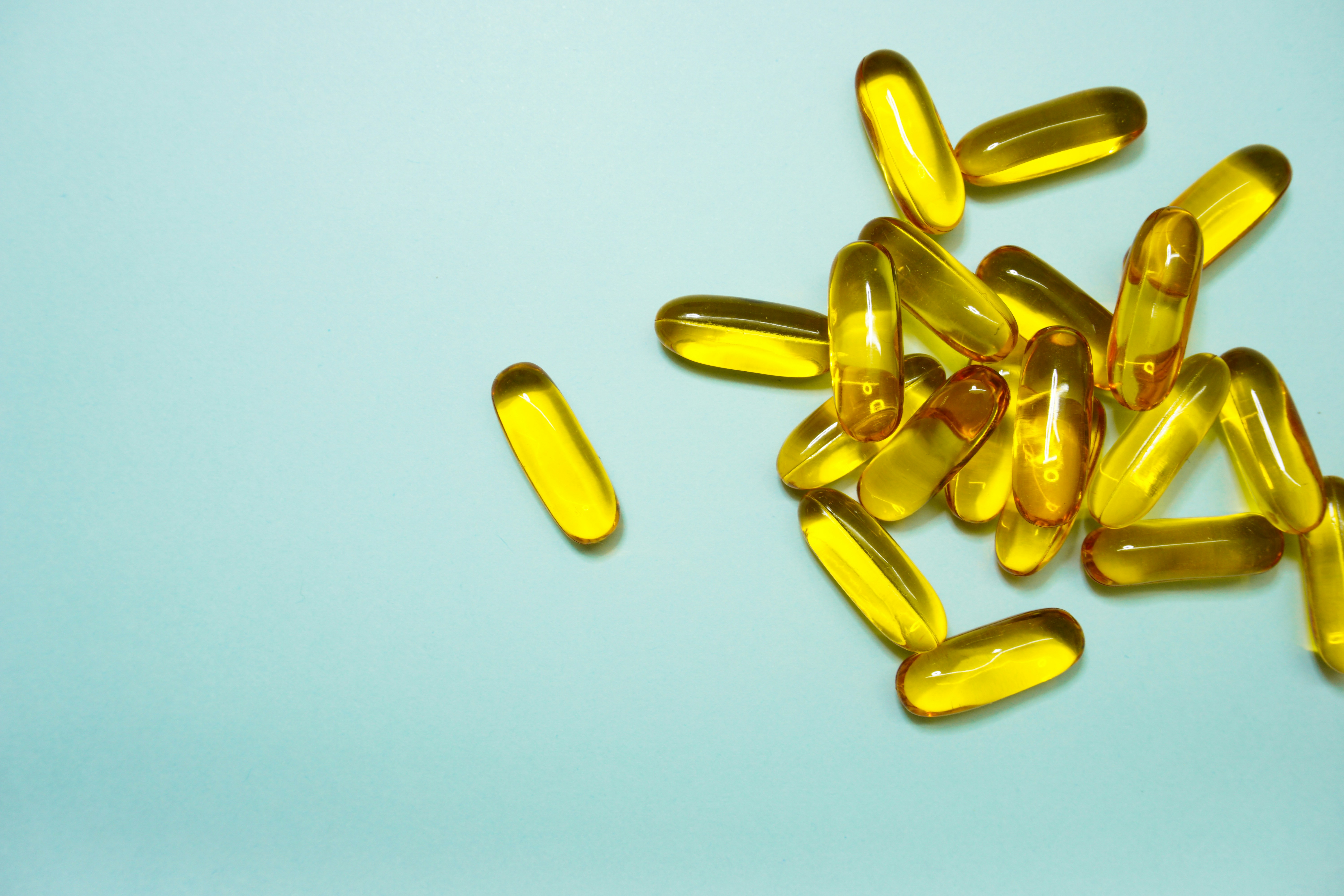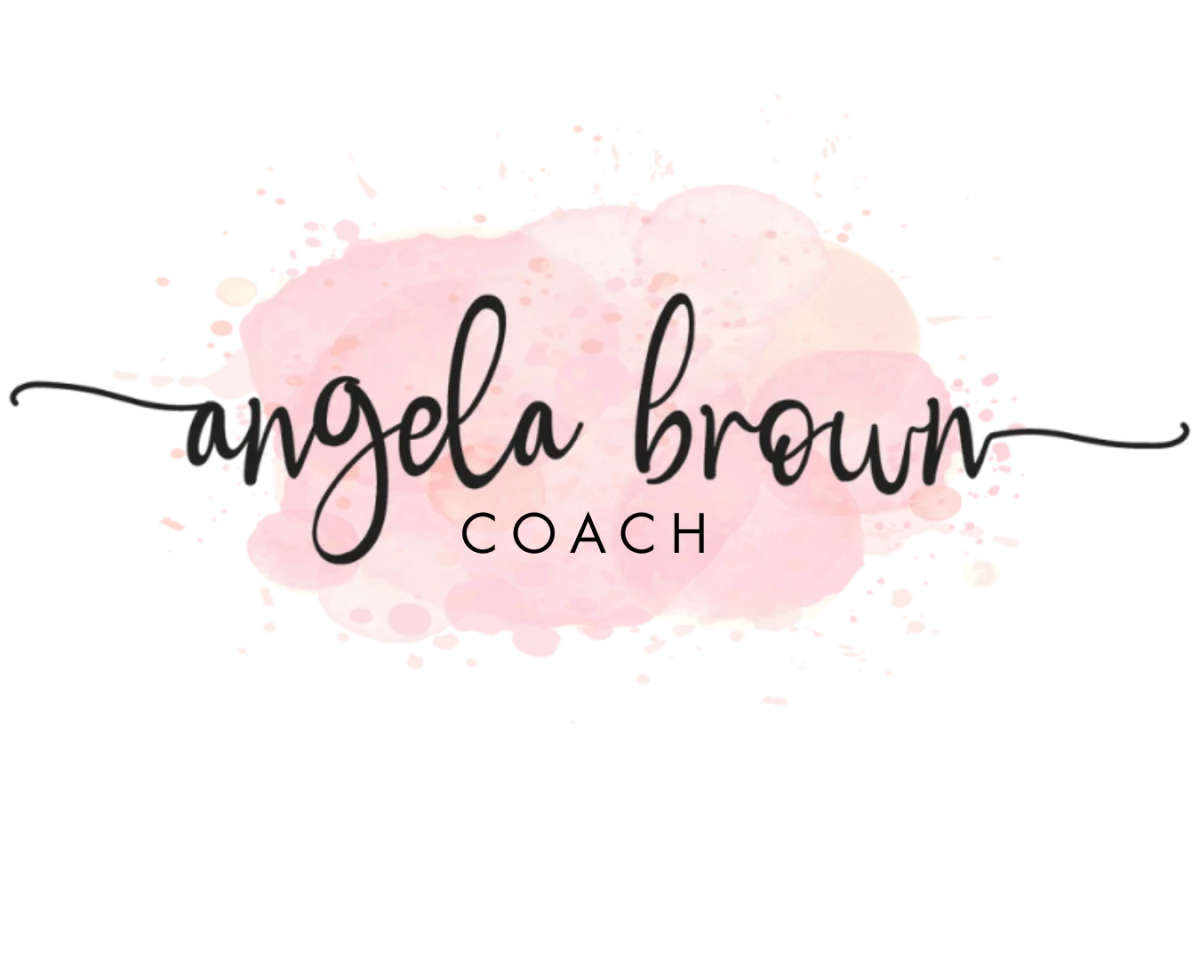READ UP ON THE LATEST HORMONE AND THYROID NEWS!

What are the best supplements for hypothyroidism?
When I started my thyroid journey many years ago, I was overwhelmed with the amount of thyroid supplements on the market and all of the different recommendations for them. It took a long time to figure out what I really needed.
Today, when I’m helping my clients, I make sure that each and every supplement recommendation I provide is based on her individual needs. I start with a variety of functional lab tests to determine which supplements will work best.
With that, here is a high-level overview of some thyroid supplements you may be recommended, based on the results of your lab work.
Potassium
Potassium is so important as it helps with thyroid hormone conversion and with sensitizing thyroid cells. Even though it plays a critical role, it is often overlooked in conventional medicine and is not often tested for.
I measure your potassium levels through a hair tissue mineral analysis, and in almost every client I work with, the potassium is low.
You need about 4,500 milligrams every single day of potassium just for normal function. Yes, you can get it from food, but 4,500 mg is a lot, so supplementing it can be very important. I love utilizing a chelated form of potassium because it's more absorbable.
Magnesium
The majority of the women that I am working with are usually pretty stressed out and by the time they come to me, most of them are deficient in magnesium. And again, we can see that on the hair test.
Magnesium is great because it's your calming mineral. I recommend magnesium that is chelated, glycinated, or buffered.
Selenium
Selenium is another mineral that is really important for thyroid function because it helps with thyroid hormone conversion.
The great news is that you don’t need a pill-form supplement: you can get all the selenium you need by eating a couple of Brazil nuts every day.
Thyroid combination products
There are so many thyroid combination products available, packed with herbs and some of these minerals I just mentioned. Some of them can be really great, especially if you know you are deficient, but there are some cautions:
* Many thyroid combo products have a lot of iodine in them. If you have Hashimoto's, iodine can sometimes cause a flare up.
* A lot of thyroid combo supplements have copper, which I don't recommend for hypothyroidism.
Probiotics
Gut health is so important for proper thyroid function. Within your gut flora, you have good bacteria and bad bacteria. When there's a higher ratio of bad bacteria, it can cause something like dysbiosis and throw your gut function off.
About 20% of your thyroid hormone conversion happens in your gut, so it's really crucial to make sure you're addressing gut health. Probiotics can help with this!
There are so many probiotics on the market, but I am a big proponent of spore-based probiotics. They're more diverse and they survive the pH and the temperature of the gut.
I also love tyrosine because it helps with making thyroid hormone and it’s something a lot of people with hypothyroidism are deficient in. You can't necessarily test for tyrosine, but it is a very important supplement to consider.
Supplementing can be tricky and confusing, and again, it really should be based on tests to ensure you are getting exactly what your body needs. If you need help with that, then please reach out to me.

What are the best supplements for hypothyroidism?
When I started my thyroid journey many years ago, I was overwhelmed with the amount of thyroid supplements on the market and all of the different recommendations for them. It took a long time to figure out what I really needed.
Today, when I’m helping my clients, I make sure that each and every supplement recommendation I provide is based on her individual needs. I start with a variety of functional lab tests to determine which supplements will work best.
With that, here is a high-level overview of some thyroid supplements you may be recommended, based on the results of your lab work.
Potassium
Potassium is so important as it helps with thyroid hormone conversion and with sensitizing thyroid cells. Even though it plays a critical role, it is often overlooked in conventional medicine and is not often tested for.
I measure your potassium levels through a hair tissue mineral analysis, and in almost every client I work with, the potassium is low.
You need about 4,500 milligrams every single day of potassium just for normal function. Yes, you can get it from food, but 4,500 mg is a lot, so supplementing it can be very important. I love utilizing a chelated form of potassium because it's more absorbable.
Magnesium
The majority of the women that I am working with are usually pretty stressed out and by the time they come to me, most of them are deficient in magnesium. And again, we can see that on the hair test.
Magnesium is great because it's your calming mineral. I recommend magnesium that is chelated, glycinated, or buffered.
Selenium
Selenium is another mineral that is really important for thyroid function because it helps with thyroid hormone conversion.
The great news is that you don’t need a pill-form supplement: you can get all the selenium you need by eating a couple of Brazil nuts every day.
Thyroid combination products
There are so many thyroid combination products available, packed with herbs and some of these minerals I just mentioned. Some of them can be really great, especially if you know you are deficient, but there are some cautions:
* Many thyroid combo products have a lot of iodine in them. If you have Hashimoto's, iodine can sometimes cause a flare up.
* A lot of thyroid combo supplements have copper, which I don't recommend for hypothyroidism.
Probiotics
Gut health is so important for proper thyroid function. Within your gut flora, you have good bacteria and bad bacteria. When there's a higher ratio of bad bacteria, it can cause something like dysbiosis and throw your gut function off.
About 20% of your thyroid hormone conversion happens in your gut, so it's really crucial to make sure you're addressing gut health. Probiotics can help with this!
There are so many probiotics on the market, but I am a big proponent of spore-based probiotics. They're more diverse and they survive the pH and the temperature of the gut.
I also love tyrosine because it helps with making thyroid hormone and it’s something a lot of people with hypothyroidism are deficient in. You can't necessarily test for tyrosine, but it is a very important supplement to consider.
Supplementing can be tricky and confusing, and again, it really should be based on tests to ensure you are getting exactly what your body needs. If you need help with that, then please reach out to me.

CALL US TODAY! (314) 226-3137
Content, including images, displayed on this website is protected by copyright laws. Downloading, republication, retransmission or reproduction of content on this website.

